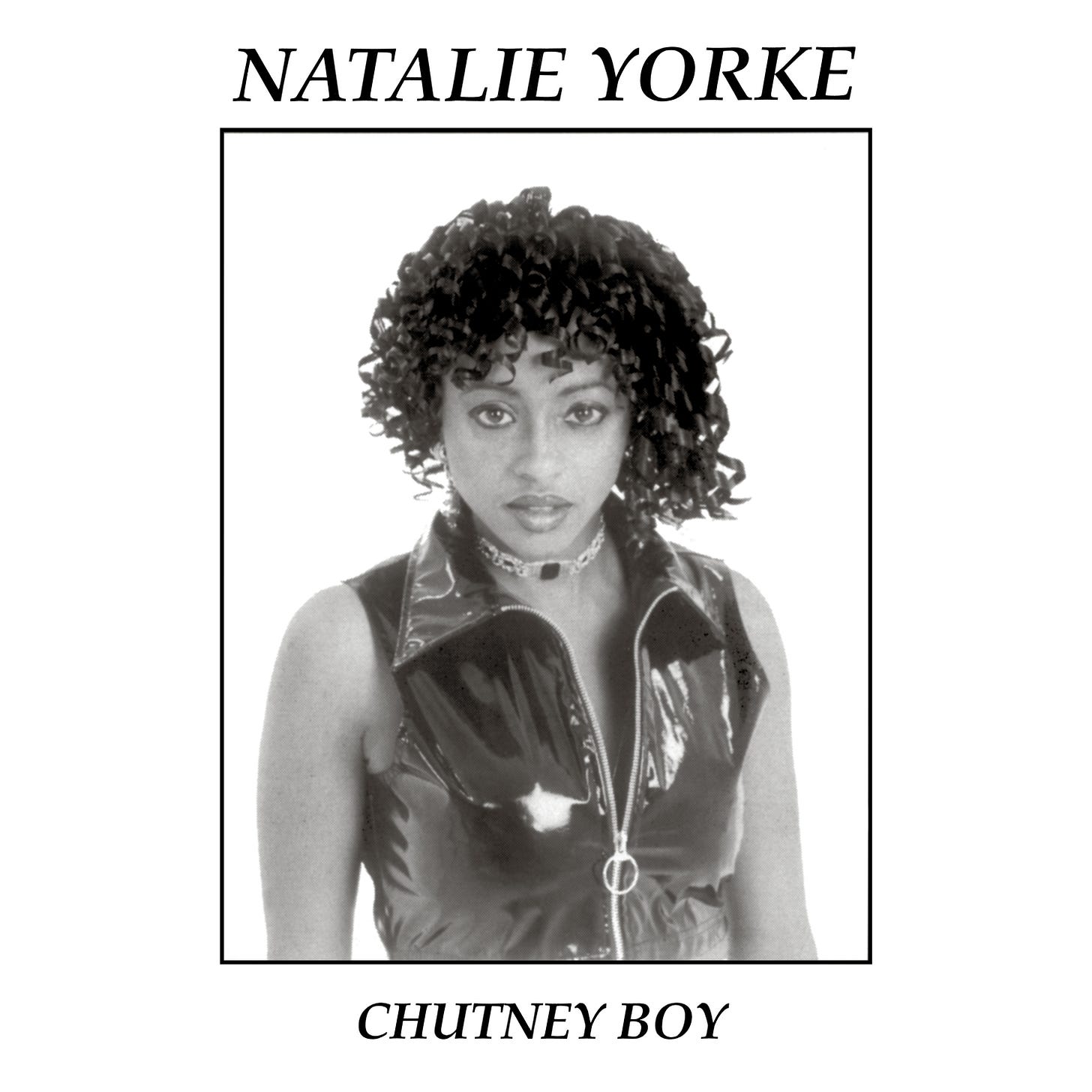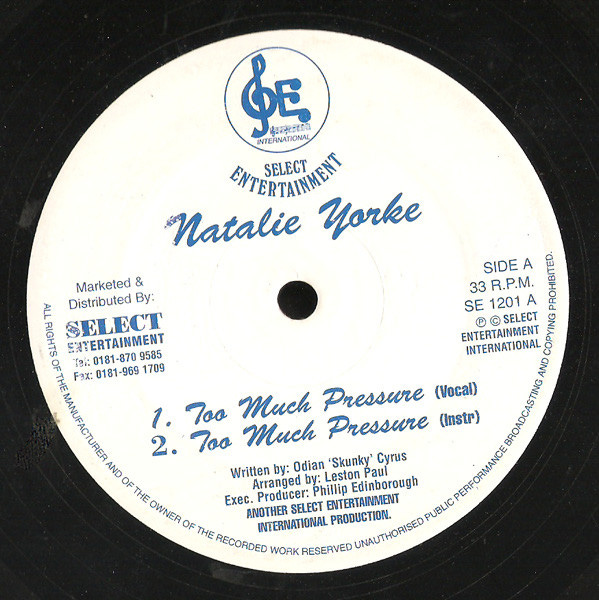Natalie York, Chutney Boy
The story of a rare Chutney Soca single, recently reissued through Frederiksberg Records
Selected Works is a weekly (usually) newsletter by the Te Whanganui-a-Tara, Aotearoa (Wellington, New Zealand) based freelance music journalist, broadcaster, copywriter and sometimes DJ Martyn Pepperell, aka Yours Truly. Most weeks, Selected Works consists of a recap of what I’ve been doing lately and some of what I’ve been listening to and reading, paired with film photographs I’ve taken + some bonuses. All of that said, sometimes it takes completely different forms.
An unsung gem, ‘Chutney Boy’ by Natalie Yorke is an intoxicating example of chutney soca, as reimagined from a London Soundsystem music perspective. Driven by a galloping groove, a bubbling bassline, and hypnotic synths, the song sees Yorke effortlessly delivering a catchy folkloric chant and nimble verses that evoke the influence of Trinidad’s Indo-Caribbean population. Fittingly, the story behind the song is just as intriguing. However, before we get into it, let’s start with the voice that breathed life into the music.
For over three and a half decades, Natalie Yorke has been one of the most sought-after backing vocalists in the Caribbean. She’s sung with a who’s who of calypso, soca, reggae, ragga, and zouk legends, including Blues Ventures, Mighty Sparrow, Lord Kitchener, Shadow, Kassav', and Shabba Ranks, gracing hundreds of recordings and stages along the way.
Born and raised in Port of Spain, the capital of Trinidad and Tobago, Yorke grew up singing in choirs. “To tell you the truth, I really didn’t like calypso or soca in the beginning,” she said. “I just knew I wanted to be a singer.” When Yorke was eighteen, she had a change of heart after being invited to join the Trinidadian reggae-calypso-soca band Blues Ventures. She toured with them for five years and contributed backing vocals to three of their albums.
In the early nineties, the late guitarist, singer, and Zouk pioneer Jacob Desvarieux brought his Kassav’ band to Trinidad to record their seventeenth album Tékit Izi (1992). During those sessions, he hired Yorke and two other Trinidadian vocalists, Juslyn Jones and Karla Gonzales, as session singers. “Jacob Desvarieux loved our blended voices so much that he insisted we be taken on tour with them,” Yorke remembered. When Desvarieux asked the trio if they would consider recording an album of Kassav’s greatest hits in English as Shades of Black, they agreed. The following year, Wonderful (1993) was released in France, the Netherlands, and the United States.
When she finished touring with Kassav’ in 1996, Yorke had the opportunity to sing with the legendary Jamaican dancehall artist Shabba Ranks at a concert in Trinidad. During the preparations for the performance, Yorke met the record producer Phillip Edinborough. After the show, Edinborough invited her to join him at the respected calypso and soca arranger Pelham Goddard’s recording studio with the cult songwriter Odian 'Skunky' Cyrus, a former lead vocalist of Charlie's Roots.
Edinborough, who grew up between Trinidad and London, remembers Yorke visiting while they were recording ten songs Cyrus had written. “During a break, we decided to experiment with a local sort of music that we have in Trinidad,” he said. Edinborough was talking about chutney music (named after the spicy condiment), a fusion of calypso, soca, and folkloric music that emerged out of Trinidad’s Indian community in the late sixties. As the Trinidadian music historian Shawn Randoo puts it, “Chutney or chatnee music has come to mean a Hindi song with a hot tempo.” In the eighties, chutney music evolved into chutney soca, laying the foundations for records like ‘Chutney Boy’.
Having both lived around Trinidad’s Indian community in Freeport, Edinborough and Cyrus started reflecting on a folkloric chant they remembered hearing at Indian weddings. They were also inspired by experiences in the UK dub, ragga, and dance music Soundsystem scenes in London, and they brought some of that big city feel to the backing riddim. After settling on the chant as a chorus, they adlibbed some lyrics with a Bollywood feel and presented 'Chutney Boy' to Yorke. “It was done in one afternoon," Edinborough said.
Thinking back, Yorke remembered performing ‘Chutney Boy’ at the annual Calypso Fiesta competition in Trinidad’s notorious Skinner Park. “Skinner Park is one of the hardest stages you can ever be on,” Yorke explained. “If you’re bad, they’re going to pull you off the stage. I didn’t get into the finals, but I survived Skinner Park.”
On the 31st of October 2007, Cyrus sadly passed away surrounded by his loved ones in Trinidad. During his final days, he was visited by hundreds of members of London’s Caribbean community who loved him for his humour, songwriting skill, warmth, and go-getter attitude.
Two decades after it was first released on 12” through Select Entertainment International, Frederiksberg Records are pleased to be able to honour Cyrus’ songwriting legacy by presenting the first official digital reissue of ‘Chutney Boy’. “I really loved Indian music from when I was small, and I would try to sing like the Bollywood stars,” Yorke said. “Skunky [Cyrus] told me he had a song that would suit my voice, and I had a lot of fun singing it. That’s how ‘Chutney Boy’ was born.”
Chutney Boy has just been digitally reissued through Frederiksberg Records (buy here)
FIN.





Oh my goodness ❤️... I'm just going to keep on counting until you are mine!